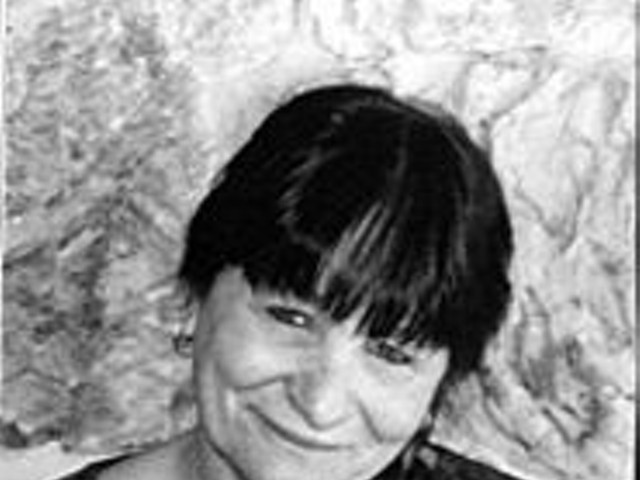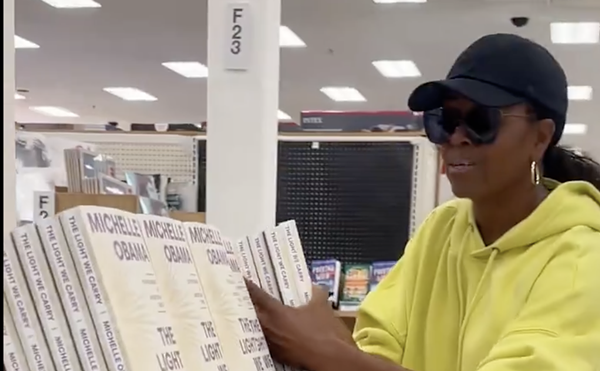In 1986, the year of his debut Guitars, Cadillacs, Etc., Etc., Yoakam had all the makings of a sellout. He had sex appeal, style, charisma, a resonant twangy voice -- and a deal with the devil himself, Warner Brothers. But he had something else the parade of urban-cowboy-boom-hat acts didn't: talent. He didn't just write his own songs; he wrote classics: "South of Cincinnati," "I'll Be Gone," "Bury Me" and "It Won't Hurt" cut through the gloss and dross of '80s country radio. "With my knees on the street and my heart at their feet," he sang on his debut, "I'm forced to beg from Satan's hand." By 1990, his first three albums had gone platinum.
Over the last two decades, Yoakam has amassed a body of lean and edgy, fetching and heart-tearing country music unlike that of any of his peers. With the exception of the experimental and only partly successful Gone and the haunting if stupidly titled dwightyoakamacoustic.net, Yoakam has rarely veered from his signature thin, wild Bakersfield sound. Whether performing with a band or unplugged (his current acoustic tour has been dubbed "Almost Alone") Yoakam's presence and voice remain his -- and his alone.





